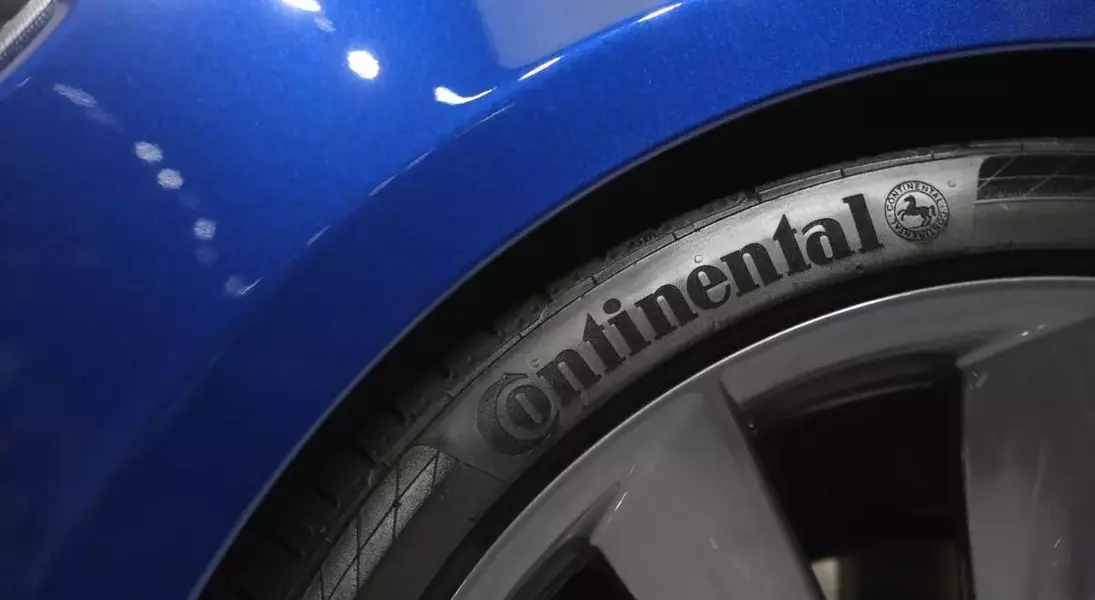Continental's Automotive Spinoff: A Strategic Shift Amidst Recall Challenges
Continental AG, the German automotive giant, is forging ahead with plans to separate its struggling car parts business, despite recent recalls related to faulty braking systems. The company has enlisted the help of investment banking heavyweights Goldman Sachs and JPMorgan Chase to prepare the automotive division for a spinoff, signaling a significant restructuring move.Navigating Recalls and Restructuring Amidst Industry Headwinds
Braking System Recalls and the Cost Implications
The decision to move forward with the spinoff comes on the heels of a major recall affecting 1.5 million vehicles due to issues with Continental's braking systems. BMW AG, one of the affected automakers, has disclosed that the cost of addressing this recall is expected to reach nearly €1 billion. While Continental has acknowledged the mid-double-digit millions of euros in costs associated with the brakes issue, the true financial impact remains to be seen. This recall has undoubtedly added complexity to Continental's restructuring plans, as the company must navigate the fallout and ensure the automotive business is positioned for success.Shifting Automotive Landscape and the Need for Transformation
The automotive industry is facing a multitude of challenges, including higher interest rates, waning demand, and intense competition, particularly in the Chinese market. German brands, including those supplied by Continental, are struggling to keep pace with the rise of local competitors like BYD Co. In this dynamic environment, Continental's decision to spin off its automotive business signals a strategic shift aimed at addressing the unique needs and challenges of this division. By separating the automotive unit, the company can potentially unlock greater agility, focus, and investment opportunities to better navigate the evolving industry landscape.Valuation and the Path Forward
According to Bloomberg Intelligence, Continental's automotive business could be valued at around €4.3 billion based on a sum-of-the-parts analysis. This valuation provides a glimpse into the potential worth of the division, should the spinoff be successfully executed. The company has stated that the separation would involve no new money being raised, with shareholders receiving stock in the independently-listed entity. This approach suggests a focus on streamlining the business and unlocking value for existing shareholders.Preparing for the Spinoff and Timing Considerations
Continental has invited investment banks to pitch for a role in the planned spinoff, indicating the company's commitment to moving forward with this significant restructuring. The timeline for the separation is targeted for the end of 2025, with a decision expected in the fourth quarter of this year. This phased approach allows Continental to carefully plan and execute the spinoff, ensuring a smooth transition for the automotive business and minimizing disruptions to its operations.Implications for Continental's Remaining Businesses
The spinoff of the automotive division would leave Continental focused on its profitable tires and ContiTech businesses. This strategic shift aligns with the company's goal of streamlining its operations and concentrating on its core strengths. By separating the automotive unit, Continental can potentially allocate resources more effectively, enhance its financial performance, and position itself for long-term success in the evolving automotive landscape.In conclusion, Continental's decision to spin off its automotive business, despite the challenges posed by recent recalls, demonstrates the company's commitment to adapting to industry changes and unlocking value for its shareholders. As the company navigates this complex restructuring, it must balance the need for operational efficiency with the imperative to address the fallout from the braking system issues. The success of this spinoff will be a crucial test for Continental's ability to reshape its future and capitalize on emerging opportunities in the dynamic automotive industry.You May Like


